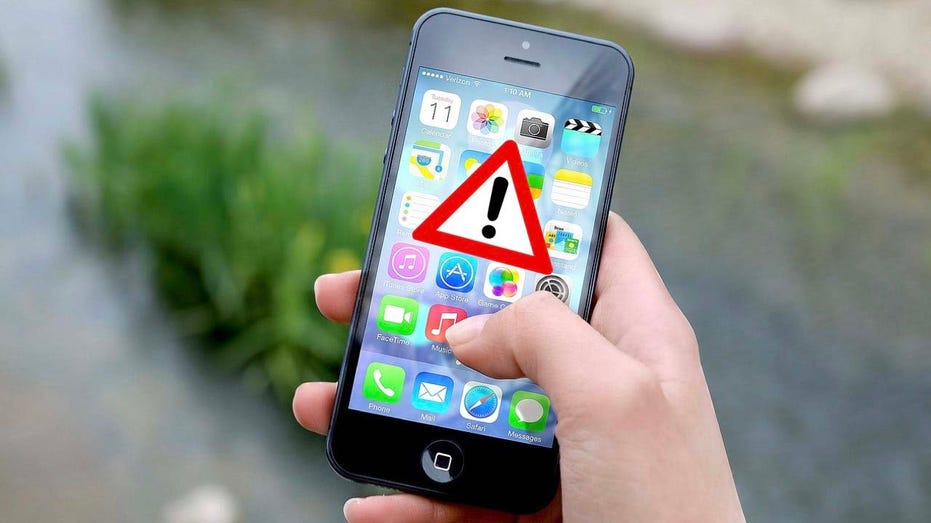What to Do When Your iPhone Claims It Has 14 Viruses

While iPhones are renowned for their robust security features, they are not entirely immune to digital threats. Although they are generally safer than their Android counterparts, no device can claim to be completely invulnerable to malware or viruses. This reality was brought to light by a concerned iPhone user named Pam from Mesa, Arizona, who reached out with a troubling message: “My iPhone says I have 14 viruses. What program can I install to help with my phone? How can I make my phone safe?”
Understanding the Warning Signs
Pam’s experience is not unique, and it raises important questions about the legitimacy of such warnings. Let’s delve into why you might be receiving alarming messages about viruses on your iPhone and what steps you can take to protect your device.
The Nature of iPhone Security
The architecture of the iPhone, particularly its closed-source design, helps protect it from viruses and malware. Unlike some other operating systems, Apple does not publicly share all of its code, making it difficult for hackers to find and exploit vulnerabilities. It’s crucial to remember that Apple will never send you alerts via pop-ups, text messages, or emails claiming that your device is infected with a virus.
-
How to Safeguard Your Old Mac from Cyber Threats and Malware

-
First Commercial Flying Car Set for Testing at New Airports, Paving the Way for Future Commuting

- GamingWithKev Review: Popular Gaming YouTube Series Worth Watching in 2025?
-
NATO Leader Jokes About Russian Navy’s Alleged “Red October” Pursuit and Mechanical Troubles

Common Reasons for Virus Alerts
Receiving a notification that your iPhone is infected can be alarming, but several factors could be at play:
- 1. Pop-up Ads: Often, what appears to be a virus alert is simply a misleading advertisement from your mobile browser. These ads may attempt to scare you into taking unnecessary actions.
- 2. Fake Applications: Scammers sometimes create fraudulent apps that display fake alerts about viruses, trying to convince you to download their software or purchase their services.
- 3. Phishing Scams: Some alerts may come from scam emails or text messages claiming you have a virus, urging you to click on dubious links or call unfamiliar numbers, which could lead to further scams.
Steps to Secure Your iPhone
Even though iPhones are generally secure, it’s essential to remain vigilant. If you encounter virus warnings, here are key steps you can take to fortify your device:
- 1. Keep iOS Updated: Regularly update your iPhone to the latest iOS version to protect against known vulnerabilities. Apple frequently releases updates to address security issues.
- 2. Use Reputable Antivirus Software: Although iPhones have a lower risk of malware, installing strong antivirus software can provide an additional layer of protection against malicious links and phishing attempts.
- 3. Download Apps from Trusted Sources: Stick to the official Apple App Store when downloading apps. This reduces the risk of installing malicious software, as Apple vets all apps for security.
- 4. Enable Two-Factor Authentication: Activate two-factor authentication (2FA) for your Apple ID to protect your personal information. This adds an extra layer of security, ensuring that even if your password is compromised, unauthorized access is still prevented.
- 5. Create Strong Passwords: Use unique and complex passwords for different accounts. Consider utilizing a password manager to keep track of your credentials.
- 6. Monitor App Permissions: Regularly review and manage the permissions granted to your apps. Limit access to only what is necessary to enhance your privacy.
Recognizing Scams and Avoiding Pitfalls
While the iOS system effectively protects most users from common malware, it is important to remain aware of the tactics scammers use to exploit fear. Remember, Apple does not send out alerts about viruses or malware. If you see such warnings, treat them with skepticism. Real alerts about security issues will only come from trusted sources, such as your antivirus software.
